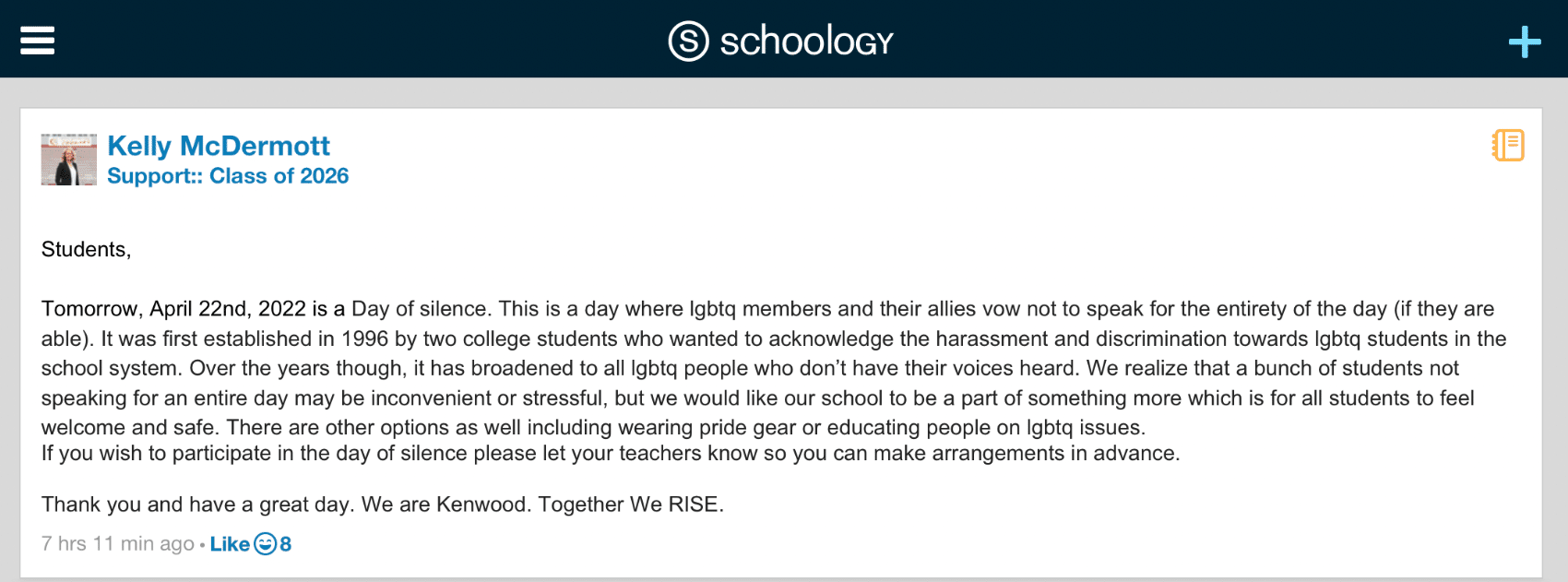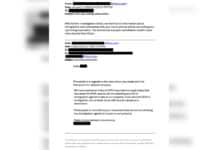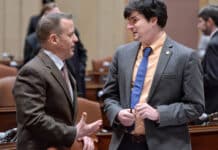The principal at Kenwood Trail Middle School in Lakeville, Minn., advertised a “day of silence” during which students refrained from speaking to protest for LGBTQ causes.
The principal, Kelly McDermott, promoted the event, which took place late last week, on the school’s Schoology page.
“Tomorrow … is a Day [sic] of silence. This is a day where lgbtq [sic] members and their allies vow to not speak for the entirety of the day,” she posted. “We realize that a bunch of students not speaking for an entire day may be inconvenient or stressful, but we would like our school to be part of something more which is for all students to feel welcome and safe.”
“Together we RISE,” she concluded.
Students at McDermott’s school range in age from 10 to 14 years old.

Lakeville’s middle school was not alone in hosting a day of silence protest. Stillwater middle schoolers were also encouraged to partake in the event, which is organized at a national level each year by the Gay, Lesbian & Straight Education Network (GLSEN).
“Where LGBTQ+ people in schools are often silenced and erased, this direct action is a reclamation of that forced silence and erasure,” GLSEN explains on its webpage about the protest. “This time LGBTQ+ students and educators are choosing to be silent on their own accord and demonstrate the impact on the entire school community when LGBTQ+ people are silenced and erased.”
The group published guides for both students and educators who participated in the protests. It also hosts a sign-up link to help organize participants across the nation while claiming that the event is a “student-led demonstration.”
“If you cannot be silent all day, hold a moment of silence at the beginning or end of each class period and use the opportunity to introduce LGBTQ+ inclusion,” the educator guide explains.
Information about the day of silence is found via GLSEN’s “elementary resources” page, which features a very young girl with “LGTBiQ+” written across her forehead while the rest of her face is painted with the gay pride flag.

GLSEN also promotes a variety of other tools to help teachers introduce sexuality to young children. One of these is called the “gender triangle,” a diagram that illustrates a theory of gender that is comprised of one’s body, expression and social perceptions. Teachers who use the gender triangle are told to introduce the topics of transgenderism and gender non-conforming people while telling their classes about pronouns.
GLSEN also wants teachers to present students in grades 3-5 with “identity flowers,” diagrams that teach students about intersectionality. Children as young as six should also be taught to disregard traditional gender roles, according to a first grade lesson plan developed by the organization.











